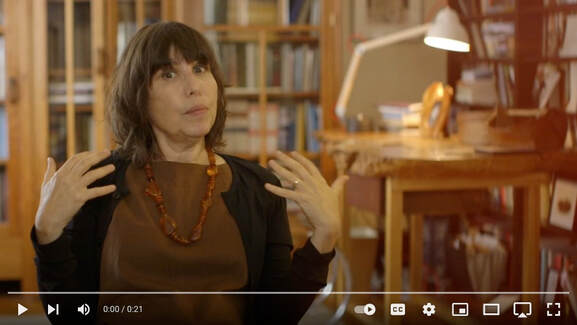 Kate White Kate White I have worked in the prenatal and perinatal trauma healing field for almost 20 years now. It has been fascinating to watch the acceptance of practices and beliefs that were once rejected. In prenatal and perinatal (PPN) healing we see that early experiences starting preconception/conception, prenatally, during birth and attachment have lifelong impacts. In other words, the baby has experiences that are influenced epigenetically and experientially that affect their physical, cognitive, emotional and spiritual development. My career started in 1999 when I had a client remember her birth while receiving biodynamic craniosacral therapy. It was actually a question on my intake form at the time: What was your birth like? She said she felt her birth was the reason for her lifelong depression, and she wanted to heal it and she wanted to heal it with me. The experiences that unfolded from there led me down a path where I read everything I could on birth psychology, talked with pioneers in the field, and took many classes until now, I help direct programs for parents and professionals locally and globally. Over the years, I have witnessed changes in what we know about human development. Advanced neuroscience and a deep understanding of epigenetics have paved the way for acceptance of baby consciousness. The concepts of mirror neurons, transgenerational and intergenerational trauma, and polyvagal theory are each major stepping stones towards an embrace of a model of health care that connects with the baby in utero, and realizes that babies need to be treated as sentient, aware beings. I particularly enjoyed these words from infant researcher Alison Gopnik: "Babies are the best scientists and learners that we know of in the Universe." They are sensitive, can understand, know more than you think, and are often not connected with because we think they can't do that. So in healing therapies, we start with prevention first. Education for the family and women before they get pregnant that their environment, stress levels, food, and especially how conception needs to be conscious. In fact, we learn from cell biologist Bruce Lipton that the conditions three months before conception in a mother will determine which egg is selected for conception. I have also witnessed these trends:
I believe that therapies have integrated and advanced. When I started learning, we were still in what I would call the cathartic phase, where therapies encourage big emotional release that was often retraumatizing. We now have subtle approaches that promote deep healing. Students graspthe concepts easier; we begin with health, resourcing and stability. I have taught classes of people wanting to learn to hold space for others. The Trauma Informed Care movement and Adverse Childhood Experiences study have led to systemic change in our approaches to health. These days, what you need to know about the baby's experience is that it can be supported so that babies feel heard, seen, loved and that they belong. If difficult things happen, they can be repaired. If an adult has early trauma, it can be healed. We now know how to recognize nervous system states in the body and help them shift. These are the things I would like to teach you as my student in my trainings, Introduction to Prenatal and Perinatal Dynamics™ and Prenatal and Perinatal Dynamics™ . Please join me and Lois Trezise, CNM in any of our workshops and in our training this year. Seem more at ppncenter.com.
4 Comments
|
AuthorKate White, MA, BCBMT, RCST®, CEIM, SEP is a massage and biodynamic craniosacral therapist in Charlottesville, VA who specializes in working with prenatal and perinatal trauma. ArchivesCategories |

 RSS Feed
RSS Feed